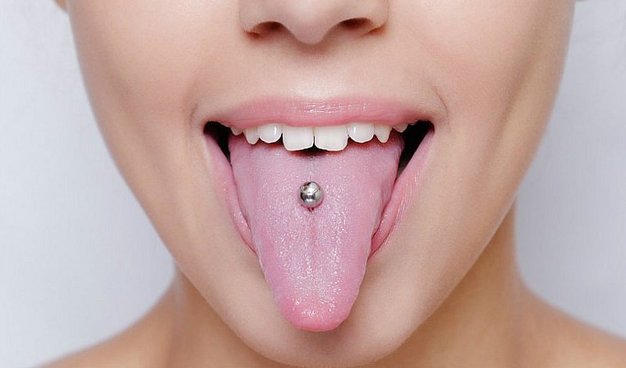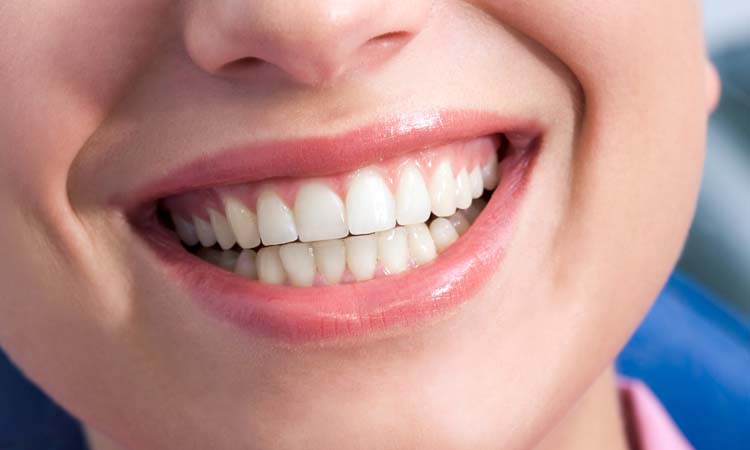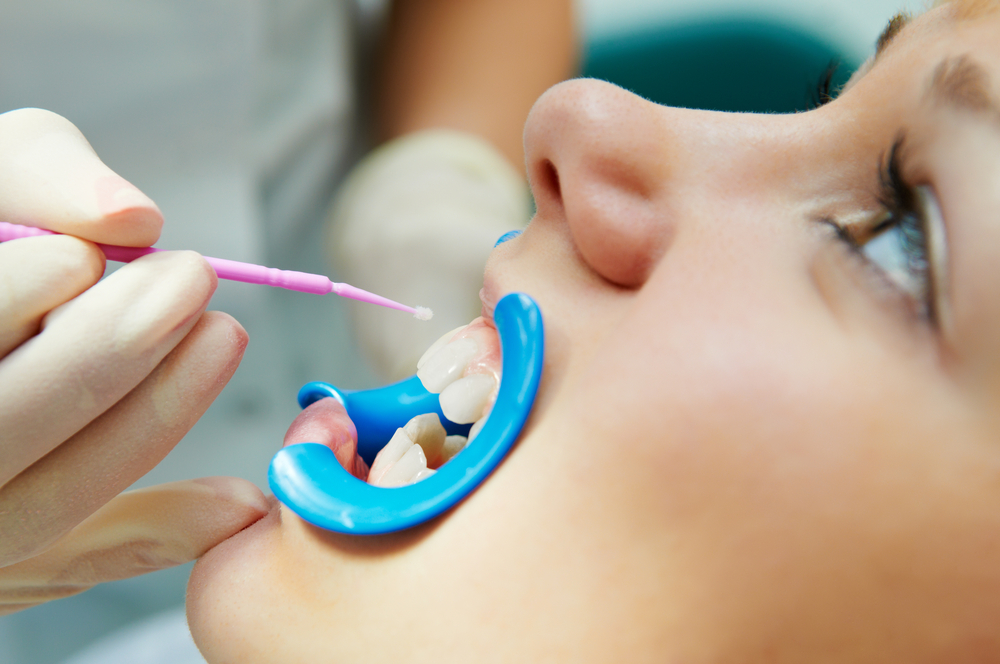The Health Consequences of Failing to See Your Dentist

If you avoid your dentist, you are vastly increasing the chances that you will suffer from oral health problems. What are a handful of conditions which can easily be rectified through regular appointments?
- The chances of developing cavities in your teeth will be reduced.
- Any signs of gum disease can be treated if they are detected.
- Your teeth can be kept clean and white through regular cleanings and teeth whitening.
"Without a professional cleaning, it’s highly unlikely you’re reaching all the areas in your mouth that you need to in order to remain plaque-free."
Additional consequences are found here:
https://yourdentalhealthresource.com/the-consequences-of-skipping-those-yearly-teeth-cleanings/









 While visiting the dentist is always wise, there are several steps which a parent can take in order to safeguard their infant against gum disease. What are three straightforward suggestions to keep in mind?
While visiting the dentist is always wise, there are several steps which a parent can take in order to safeguard their infant against gum disease. What are three straightforward suggestions to keep in mind?


